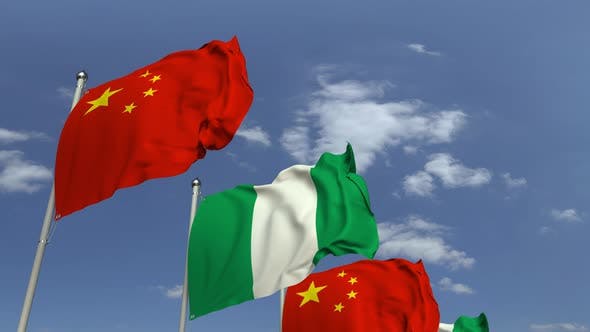The Central Bank of Nigeria (CBN) has made a repayment of 5.10 billion Chinese yuan (CNY) out of the 6 billion initially utilized from the Nigeria-China currency swap agreement. The currency swap agreement, set to be renewed next year, aims to bolster economic cooperation between the two nations.
The CBN revealed this information in response to a Freedom of Information (FOI) request sent by Femi Falana, a human rights lawyer, in June 2023. Falana sought transparency in the details of the currency swap agreement, shedding light on its terms and utilization.
The currency swap agreement was initiated in July 2018 and underwent renewal in April 2021. Under this agreement, an overdraft of CNY 15.00 billion was allocated for utilization within the year. The CBN clarified that the deal is subject to renewal every three years. Since its latest renewal, CNY 9.00 billion had been drawn, out of which CNY 6.00 billion were utilized, leaving CNY 3.00 billion outstanding. Notably, CNY 5.10 billion had been repaid, while CNY 2.10 billion remained unutilized, resulting in a balance of CNY 900.00 million yet to be repaid. The CBN informed Falana that the upcoming renewal is scheduled for 2024, as reported by the Cable.
Falana’s concerns centered around the impact of the currency swap agreement on transactions within Nigeria. Despite the agreement, the federal and state governments, along with the business community, still encounter challenges in conducting transactions using naira and yuan.
The signing ceremony in Beijing, China, on April 27, 2018, marked a milestone in Nigeria’s engagement with China. Godwin Emefiele, the suspended governor of the CBN, led the Nigerian delegation, while Yi Gang, the governor of the People’s Bank of China (PBoC), led the Chinese team. This culmination followed over two years of meticulous negotiations between both central banks. The objective of the agreement was to enhance local currency liquidity for businesses in both countries, alleviating the difficulties of sourcing third currencies.
Nigeria became the third African country to enter into such an agreement with the PBoC, facilitating the provision of naira liquidity to Chinese businesses and renminbi liquidity to Nigerian enterprises. This arrangement aimed to expedite transactions, augment financial stability, and foster broader economic cooperation. The agreement significantly facilitated Nigerian manufacturers, small and medium enterprises, and cottage industries engaged in manufacturing and export, enabling them to import raw materials, spare parts, and machinery with ease, thanks to available renminbi liquidity from Nigerian banks.
As the currency swap agreement gears up for renewal in 2024, it remains a pivotal component of economic interactions between Nigeria and China, streamlining trade and bolstering economic ties.










